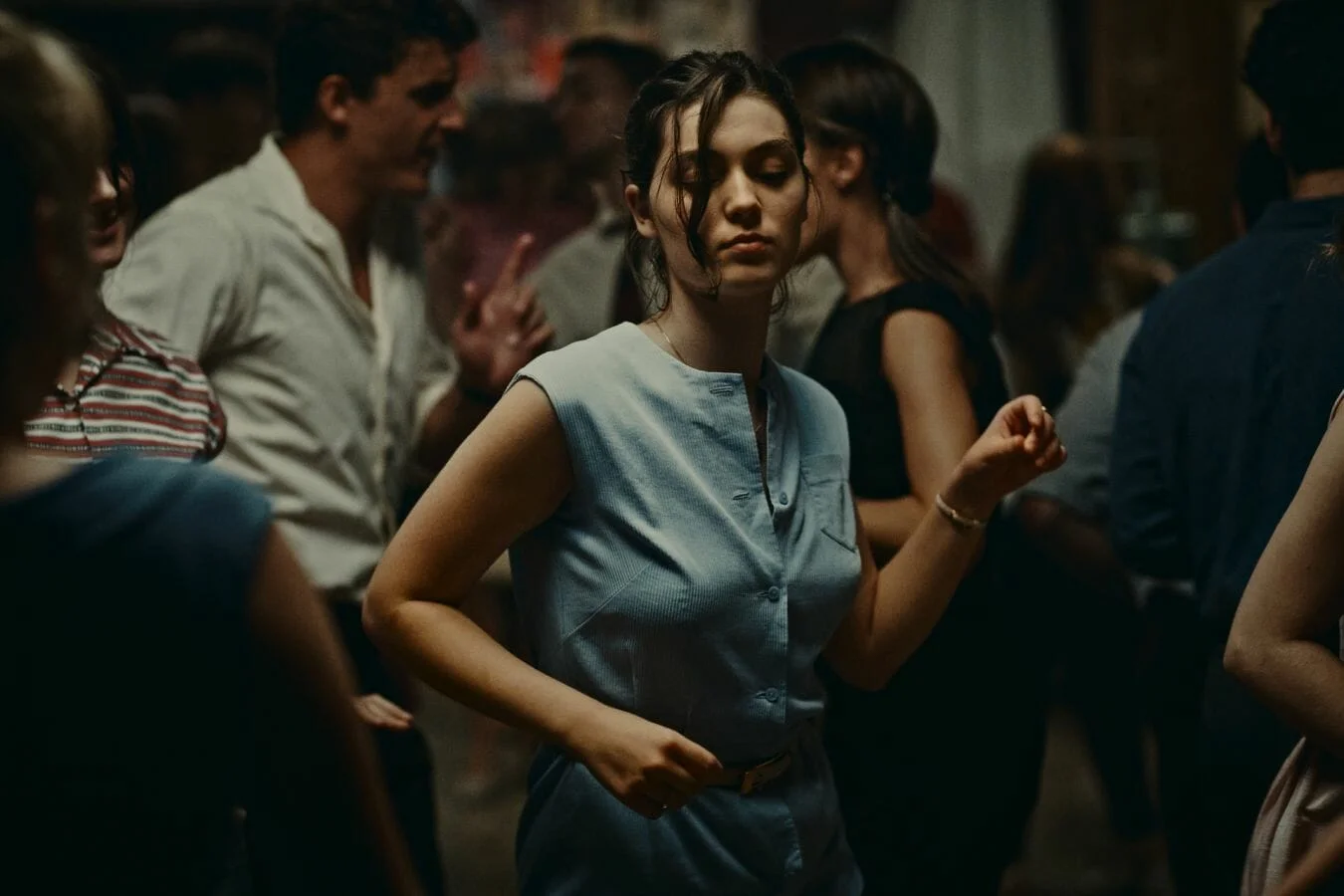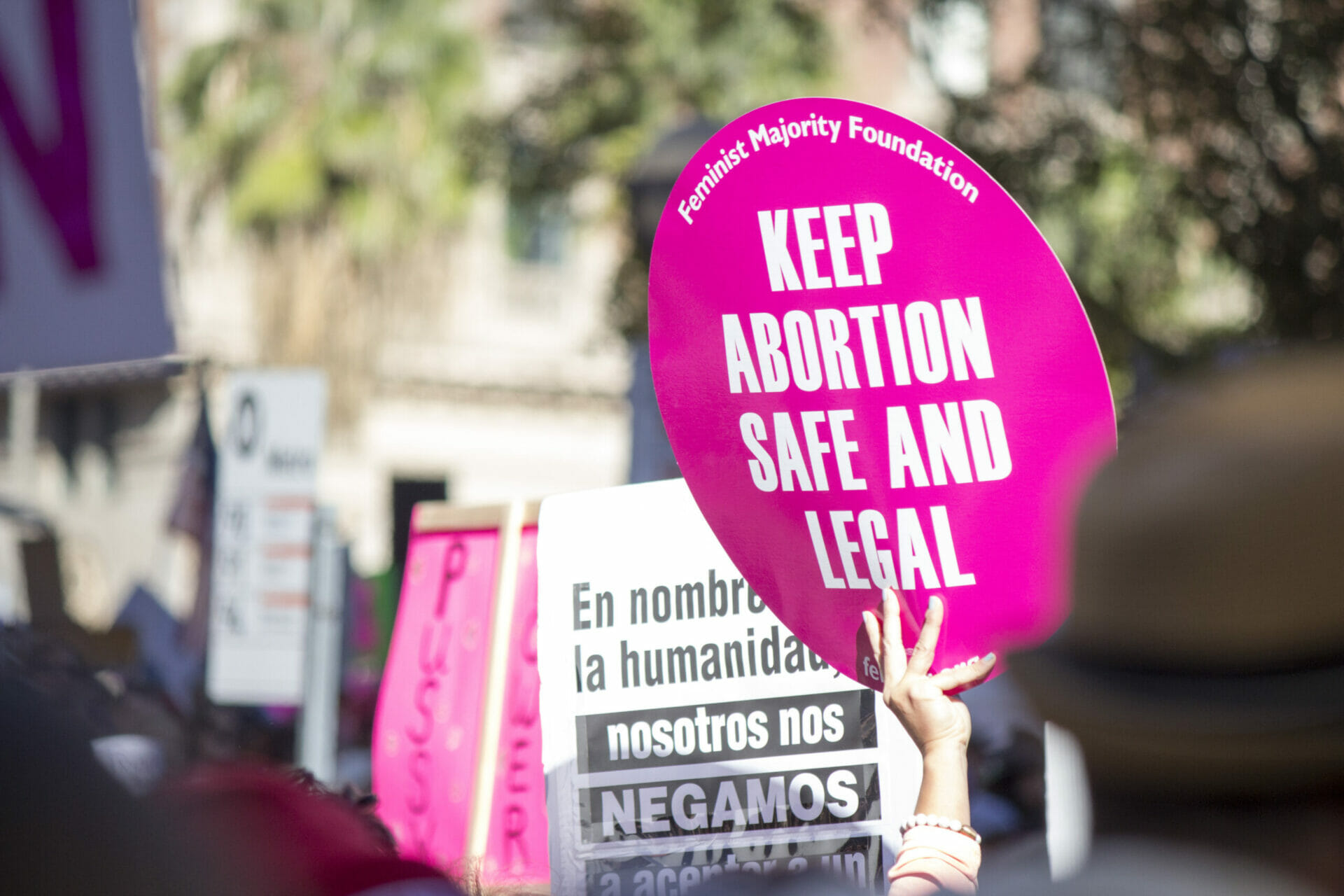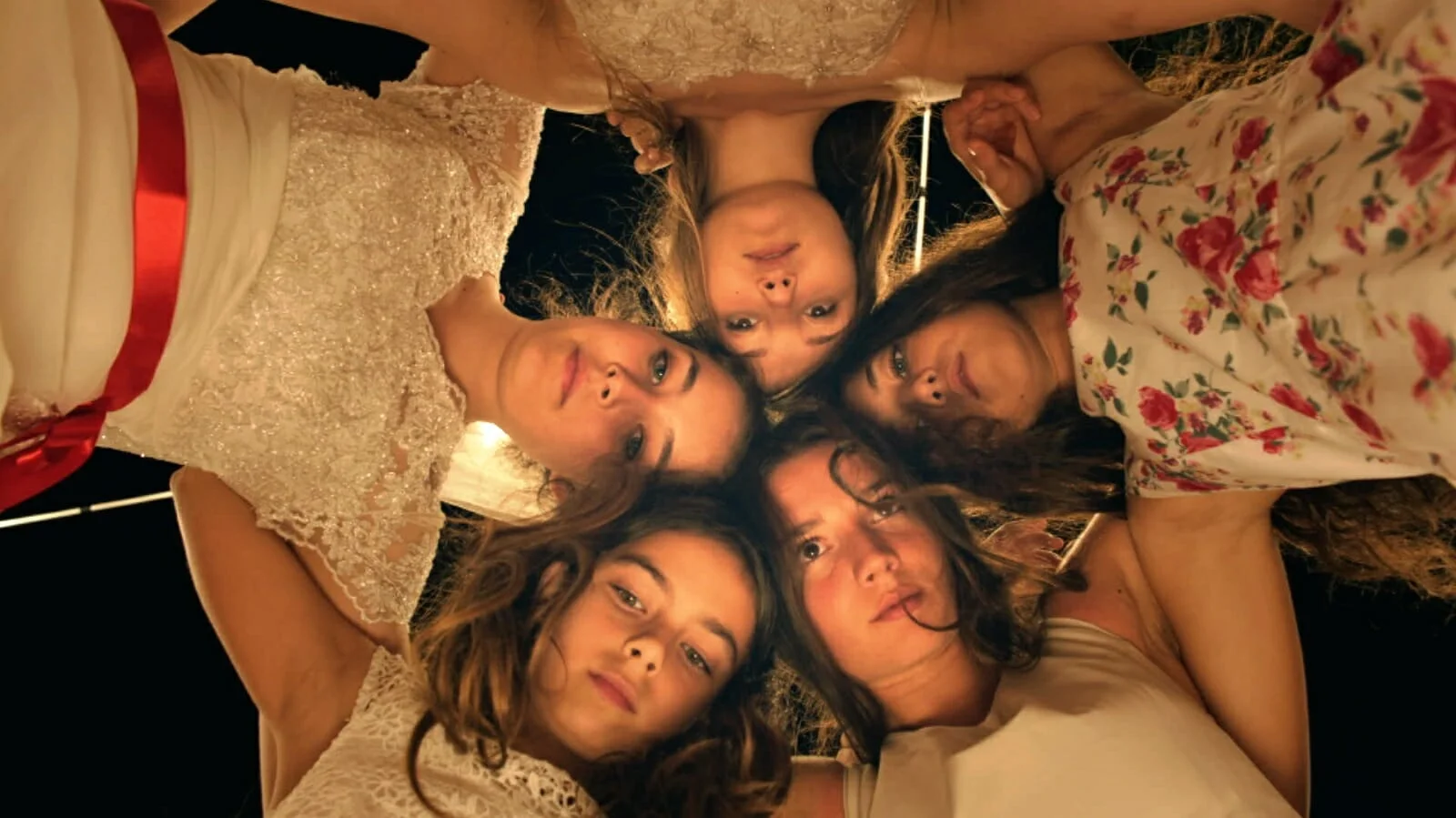
L'Événement | Women's Right to Choose
Year
Runtime
Director
Main Cast
Writer
Cinematographer
Production Designer
Country
Format
Genre
Subgenre
L’Événement (US title The Happening) deals with a current subject matter much in the public eye due to the debate revolving around Abortion Rights. The protests have increased due to the prescriptions imposed in several countries. These laws could be perceived as a push-back against feminism. And with L’Événement, director Audrey Diwan shares with the viewers what the experience of abortion could mean, and how difficult it can be in a state that chooses to ban it.
Audrey Diwan is a young French journalist and writer from Lebanon. She directed and wrote L’Événement, which is her second feature movie as a director. The movie had its world premiere in competition at the 78th Venice International Film Festival, where it won the Golden Lion. Also, it was one of the movies shortlisted to represent France at the 94th Academy Awards. The drama is based on Annie Ernaux‘s memoir of the same name about the time she tried to have an abortion in France, before the introduction of the Loi Veil in 1975, which decriminalized it.
“The disease that only women get”
1960s France. Anne (Anamaria Vartolomei), a promising young working-class woman, finds herself pregnant with the clear awareness that becoming a mother is the fastest way to end her dreams and ambitions.
Abortion is so illegal that it is not pronounced even once in the movie. This stylistic and political choice of never mentioning the word abortion is an element intended to make viewers feel the oppression of the protagonist.
The viewer’s point of view comes through the tight 1:37 aspect ratio. Hence, even this specific aspect ratio introduces the viewer to the oppressive experience that runs the entire movie. In the opening scene, the camera is almost like a person dancing in the atmosphere of the 1960s, facing Anne and her friends. And in the next one, it is the suggestion, rather than the sight of the sexual intercourse that reveals the need to focus on the protagonist’s experience. Indeed, the viewers share with Anne the surprise for her condition. Here begins the viewers’ journey through her feeling. The suspense and the distressing steps Anne must take gradually turn L’Événement into a psychological thriller inside the lead character’s mind.
Other movies that use a specific aspect ratio to convey the characters’ feelings of oppression are for example Xavier Dolan‘s Mommy and Rebecca Hall‘s Passing.
Breaking up the silence
The director never tries to create a moral debate. There is no attempt to change Anne’s mind. That is, Diwan opts to focus on what happened and gives the viewers the space to experience their own personal feelings. Nevertheless, nothing is left unseen. Every detail is shown with honesty and sensitivity. Without highlighting Anne’s journey for the sake of dramatic effect, Diwan delivers a realistic experience to the viewer by depicting one woman’s response to her lack of choice and support.
A similar, non-judgmental, and realistic approach to another sensitive topic is Marti Noxon‘s To the Bone (2017). Here, too, the director chooses to give viewers space to reflect on eating disorders. A further example is Harry Macqueen‘s Supernova (2020), which deals with assisted suicide.
“A journey in the skin of this young woman”
Followed shoulder to shoulder by the viewers, Anne never doubts her right to have an abortion. However, when she desperately asks the doctors to do something, she receives silence. L’Événement focuses primarily on Anne’s body and feelings. And her choice creates a distance from everyone else in her quest for freedom. Above all, the absence of words is linked to Anne’s loneliness. And this follows her from beginning to end, drawing attention to the presence of the characters rather than the dialogues. As a result, the director embraces logic and body movement to reach the viewer’s feelings.

Anne takes a long journey within herself fighting against her own body until she meets a woman (Anna Mouglalis) who is able to help her. She performs the procedure as she usually would; behind the paper-thin walls of her home. Another drama that focuses on the role of those who help in illegal abortions is Mike Leigh‘s Vera Drake (2004) – also a Golden Lion winner. And Diwan, in L’Événement, follows its example of realism in the representation of society and the focus on the characters’ feelings.
Restless body
The portrayal of women in movies is changing. Indeed, today there are more truthful representations of the feminine condition, especially when the directors are women. Deniz Gamze Ergüven‘s Mustang and Molly Smith Metzler‘s Maid are prime examples of this new and growing sensibility.
The point of view between object and subject on woman’s body has changed since the 1970s in various disciplines. For example, in Marina Abramović‘s performance art Rhythm 0 (1974) in which she reveals how easy it can be to commit violence on a person’s body.
But the focus on the body in L’Événement is strictly positive. Indeed, it aims to consider the woman in her entirety. Anne is strong and independent, capable of making her own choices. And the viewer has the chance to get closer to Anne’s state of mind with her gestures. From the very beginning, she is unable to stay still. The anger seething under her skin at her lack of choice reflects the agony she feels. Anamaria Vartolomei is a truthful witness to Anne’s emotional stages, from despair to determination. Eliza Hittman‘s 2020 drama Never Rarely Sometimes Always depicts a similar situation. However, in L’Événement, Diwan draws attention to the portrayal of Anne’s obstacles and remedies.

In the end, L’Événement is not about the fairness or injustice of abortion. It is about the safety of this practice and the risks of implementing it in a country where there is no regulation.
Tag





